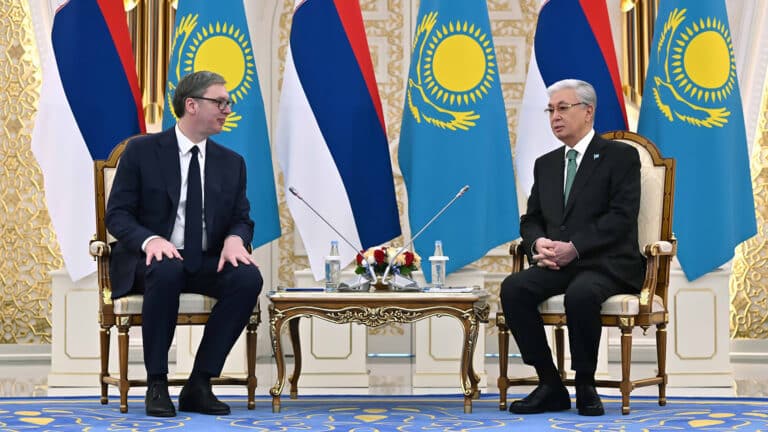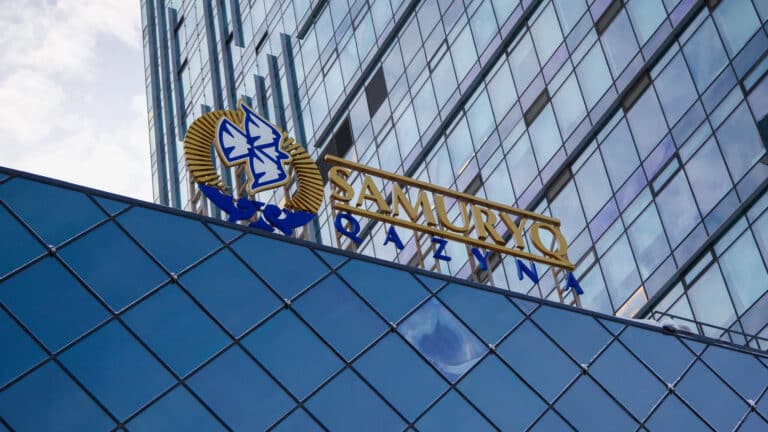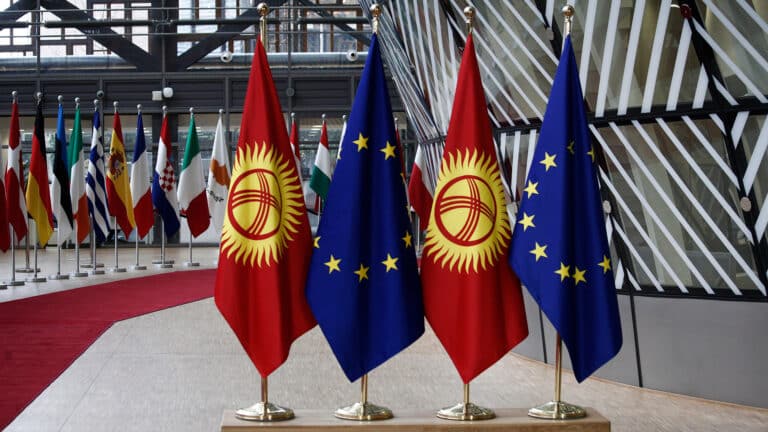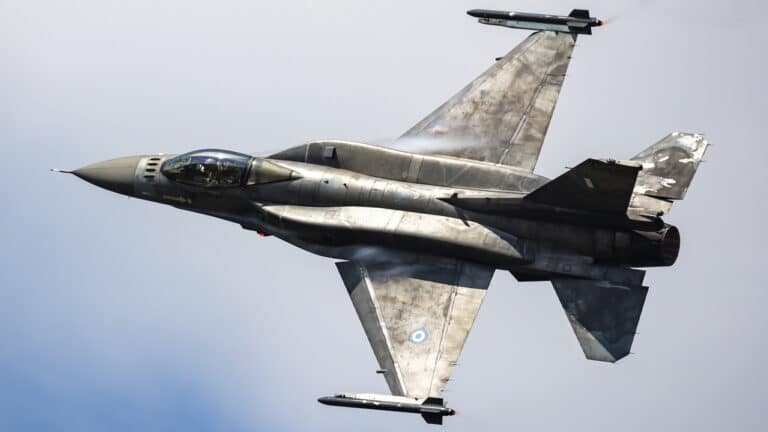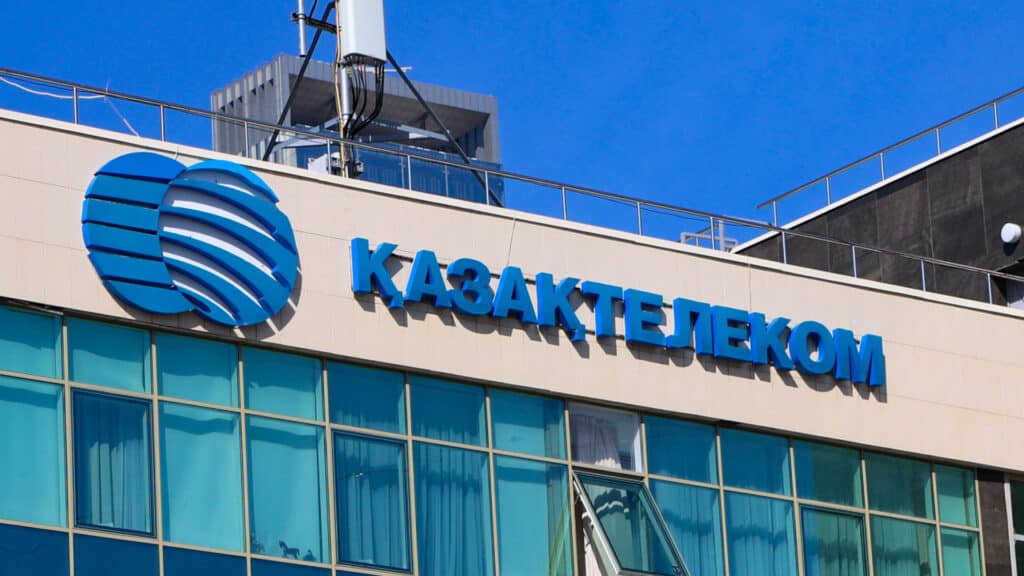
The payment of dividends from the sale of Mobile Telecom-Service (MTS) to Qatar’s Power International Holding (PIH) could hinder Kazakhtelecom’s progress, according to Assel Tolegen, deputy director of corporate finance at Teniz Capital Investment Banking. Tolegen shared this perspective with the Tengenomika Telegram channel, a platform focused on Kazakhstan’s macroeconomic developments.
On Jan. 14, Kazakhtelecom, Kazakhstan’s national telecommunications provider, announced the completion of its deal with Qatar’s PIH for the sale of MTS, which operates the Tele2 and Altel brands. Kazakhtelecom’s minority shareholders are currently debating whether the company should distribute special dividends from the proceeds of the sale.
According to Kazakhtelecom’s financial statements for January-September 2024, the company is primarily owned by the Samruk-Kazyna Fund (79.2%), with additional stakes held by Jusan Bank (9%), the Social Development Fund (3.4%), the Bank of New York Mellon (0.6%) and other entities (7.8%).
Tolegen warned that paying special dividends would severely hinder Kazakhtelecom’s progress. She emphasized that the company should instead reinvest the proceeds to build a robust ecosystem, especially given the arrival of a new player in the market. The rising competition in the telecom sector is expected to trigger a price war and intensify the race to boost capital expenditures. To maintain its market position, Kazakhtelecom will need to make significant investments.
Tolegen also pointed to a similar situation in 2012 as a precedent.
«At that time, a similar situation unfolded. Kazakhtelecom paid special dividends of 200 billion tenge (approximately $1.3 billion) after selling Kcell for $1.5 billion. However, it took the company 10 years to recover its previous market capitalization. To do so, Kazakhtelecom had to repurchase the same mobile operators it had sold, but at a discount,» Tolegen said.
Analysts at Teniz Capital Investment Banking highlight that Kazakhtelecom must undergo a significant transformation, not only to strengthen its market position but also to secure a stake in emerging, fast-growing industries.
The payment of special dividends and the potential sale of Kcell, pushed by the Agency for Protection and Development of Competition, could significantly reduce the potential value of Kazakhtelecom’s shares. Analysts warned that this might turn the company into a low-margin enterprise, possibly requiring government subsidies to remain afloat.
According to a directive from the Ministry of Economy, proceeds from the sale of assets by national companies should be allocated to the National Fund, except dividends on the state’s share. As such, funds from the Tele2/Altel sale may be directed to the National Fund or paid out as dividends to Samruk-Kazyna, the majority shareholder. This arrangement, however, has drawn criticism from Kazakhtelecom’s minority shareholders, who argue that it discriminates against their interests.
Although the exact value of the Tele2/Altel sale has not been disclosed, Kazakhtelecom previously estimated the mobile operator’s worth at around $1 billion. This figure is consistent with comments made last summer by Zhaslan Madiyev, minister of digital development.
Kazakhtelecom currently retains ownership of the mobile provider Kcell, which operates the Kcell and Activ brands.


